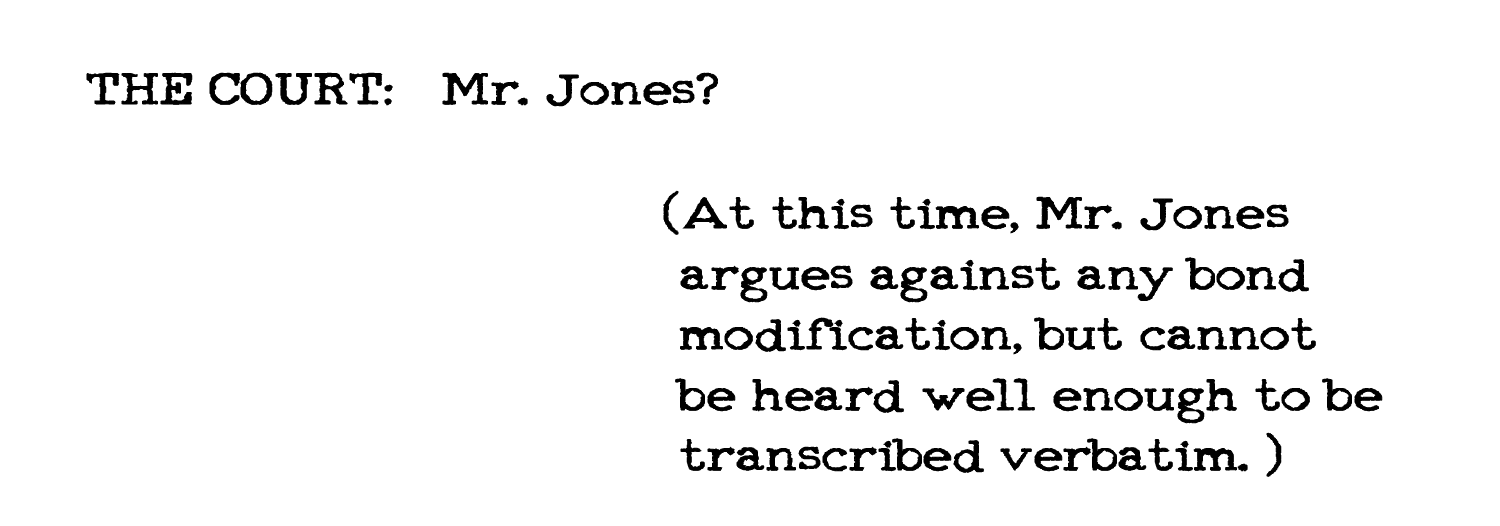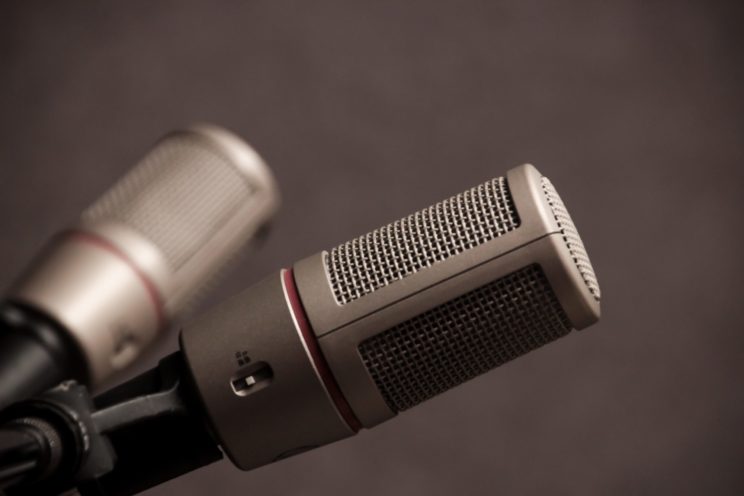Recently, some agencies offering court reporting services have sent an unlicensed individual to depositions (“digital recorder”) in lieu of a highly trained Certified Shorthand Reporter (CSR) licensed by the Court Reporters Board of California (CRB) to capture a verbatim record and produce an accurate transcript.1 Attorneys and their staff may not be informed in advance a non-CSR will be present.
This brings up many ethical questions. The following Q & A provides some answers.
How does it work?
Using a laptop, the digital recorder types the names of the parties and first word or two spoken by each speaker, and turns on audio recording equipment. Later, they email the audio file with their notes to the agency, which forwards them to a transcriptionist (living anywhere with Internet access) to provide a transcript.
Who swears in the witness?
Unknown.
Is the transcript reviewed by a CSR?
No. Transcriptionists download audio files and type up the transcript using a QWERTY keyboard and word processing transcription software. They add a sentence at the end of the transcript that they transcribed the proceedings to the best of their ability.
What kind of training do digital recorders get?
Typical training consists of an online typing test and reading a support page with a general explanation of different types of legal proceedings. A proofreader provides formatting tips.
By comparison, shorthand reporters invest an average of 5+ years in reporting programs to develop the high level of skill required to pass the CRB’s rigorous California CSR exam with a 97.5% degree of accuracy. Courses include English, legal and medical terminology, professional practices and ethics, federal and state rules, as well as thousands of hours of hands-on machine practice. After receiving their license, CSRs take continuing education courses to keep abreast of new laws, services and technologies. Like the California Bar, the CRB is both the licensing and disciplinary body overseeing its licensees.
What happens to the original transcript and exhibits?
Unknown.
How much does this cost?
Attorneys may be billed the same or more than they would pay for a CSR because more people are involved.
_________________________
Justice and appeals hinge on the accuracy of the record. Besides equipment failures, major issues with high-tech digital recording equipment include multiple errors, numerous gaps, and missing testimony due to low audio, unclear speech, and background noise.

Other states are taking action. Last year, the District Court of Nevada ruled video depositions must have a court reporter physically present if either of the parties wants to have a certified transcript, and someone who was not present during the deposition cannot certify a transcript after the fact.2
Members of the Bar and staff: Don’t fall for sales pitches by any company that cares only about its own bottom line under the guise of caring for yours. Protect your client, protect your litigation, and protect yourself: Choose a licensed Certified Shorthand Reporter to take your record. For more information, download this informational flyer.
About the author:
Ana Fatima Costa, BASF’s Paralegal Section Marketing Coordinator, is a former Certified Shorthand Reporter (CSR) and Registered Professional Reporter (RPR).
Footnotes:
1.) Sometimes a videographer videotapes depositions without a CSR present. The focus of this article is on unlicensed individuals who produce digitally recorded proceedings.
2.) Mildred Lockhart vs. Coast Hotels & Casinos, Inc., et al., filed 8/8/2018, District Court, Clark County, Nevada, Case No. A-15-724776-C.

